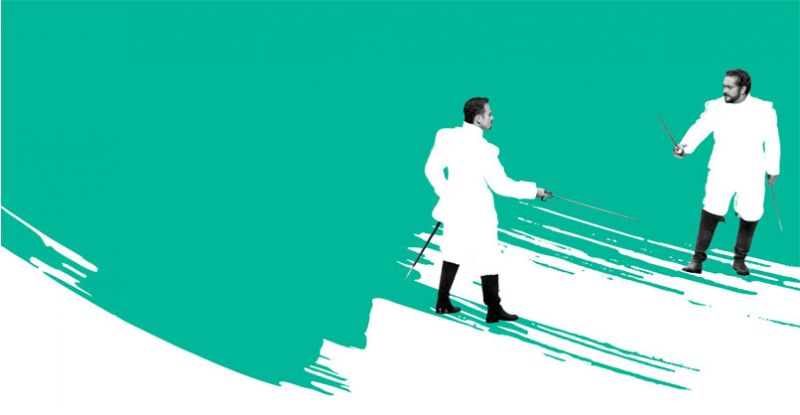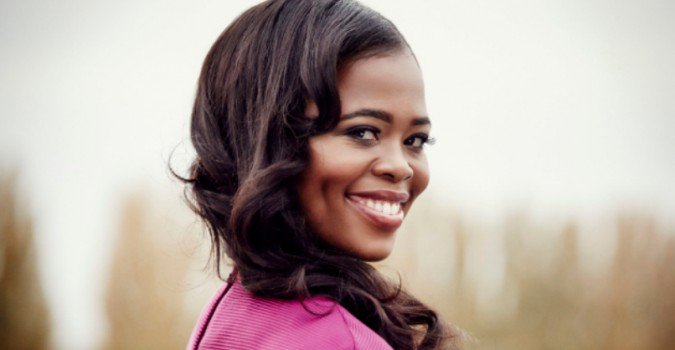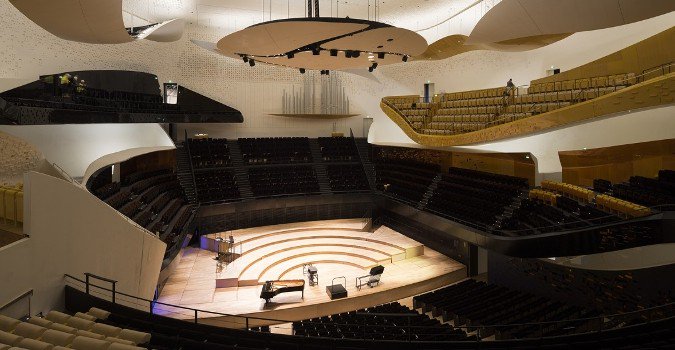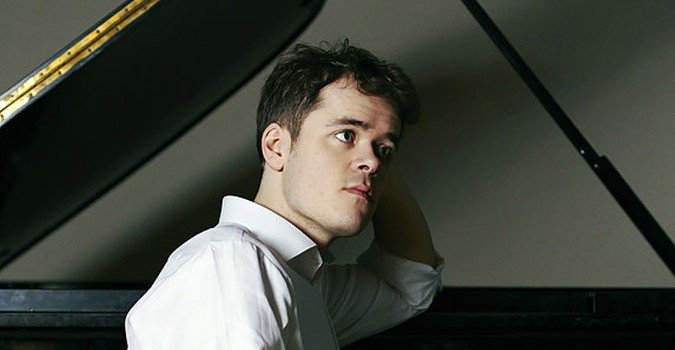- Capaciteit 2745
From its beginnings under Louis XIV to the present day, including the construction of the Palais Gamier under Napoleon III, the history of the Paris Opera has been marked by the wishes and whims of the French government. The decision to build a new opera on the Place de la Bastille is no exception, made by Frangois Mitterrand less than a year after being elected President. A competition was organized, and of the 750 projects presented, the one designed by the Uruguayan-Canadian architect Carl Ott won. The new building, whose large ground surface ostentatiously marks the site where the French Revolution broke out, was inaugurated during the bicentennial celebrations of that same Revolution in 1989.
From the Place de la Bastille, the building's glass facade, with its "aleatory" lighting designed by Yann Kersale, suggests the sober modernism of its interior, even more so because the interior uses the same construction materials as the exterior, symbolizing a desire to open out to the public. Once inside, one can discover the warmth of the light wood that adorns the large 2703-seat hall with its proscenium stage. But the building barely stops here, for one must imagine the enormous backstage that takes up 55 per cent of the edifice's total volume, the six underground stories of technical premises, the workshops that make and stock the mobile sets as well as the costumes, not to mention the Gounod Hall, that has a stage identical to the main one, used for rehearsals. Designed around a symmetrical axis that is symbolized by the sculpted tuning forks that decorate the public premises, the Bastille Opera is a formidable computerized machine for staging opera productions, employing the population of a veritable city-within-a-city.
The conductor Myung-Whun Chung faced the difficult task of starting up this machine. The audience discovered productions staged by Bob Wilson or Peter Sellars, which it did not always unanimously applaud. But today, in full possession of its impressive technical means, permitting the rotation of different productions, the Bastille Opera proposes the most diverse performances. Currently managed by Hugues Gall and his music director James Conlon, revivals, premieres and major productions now share the season's billing, at a pace that leaves the audience little respite.













